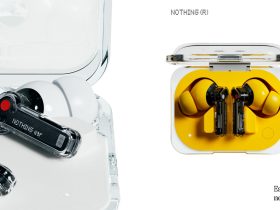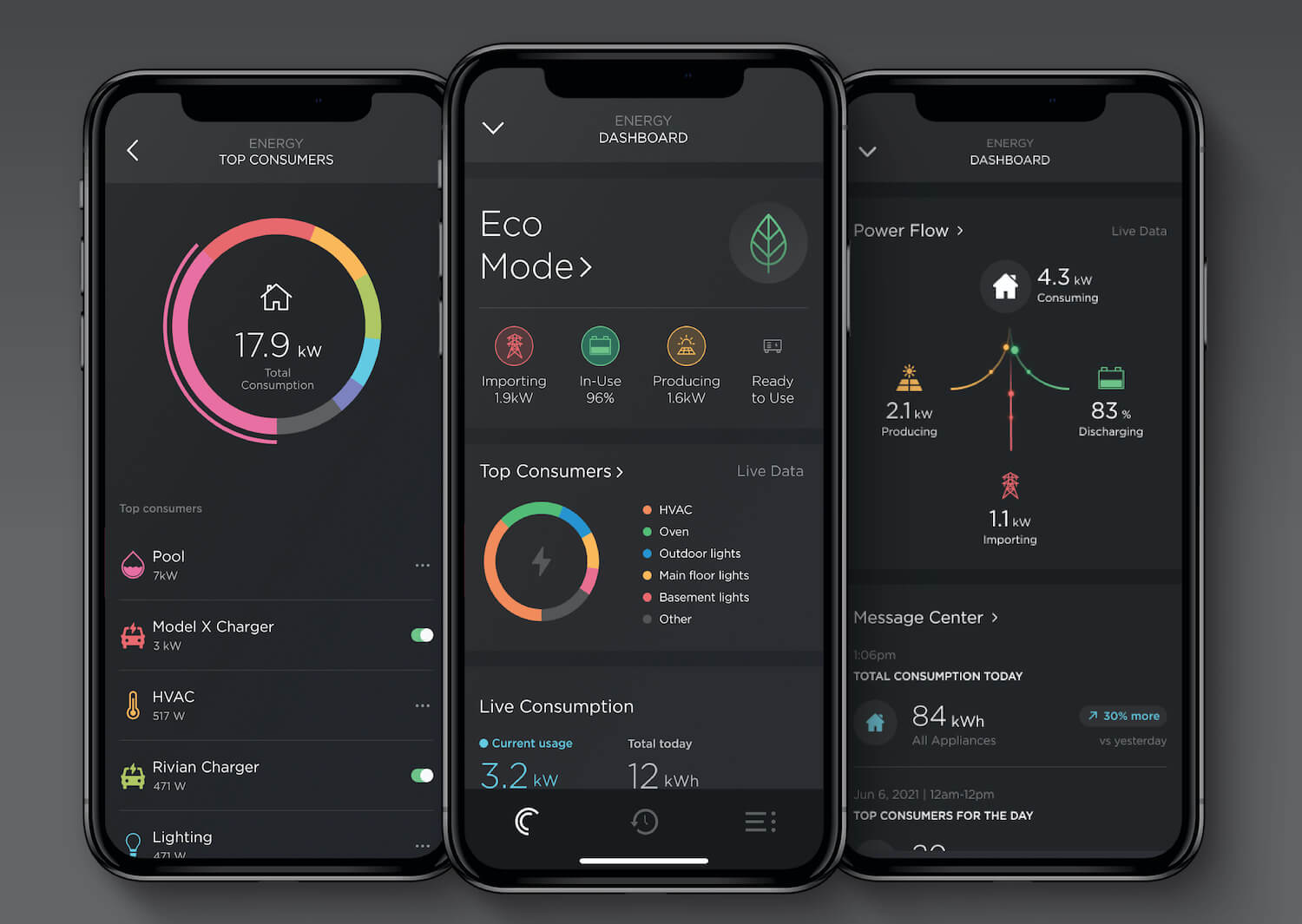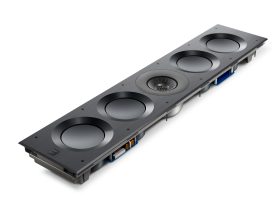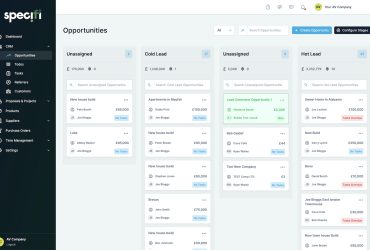Savant Systems is a home automation and integration platform with an innovative app and home control system that serves as a powerful hub for smart control. This includes everything from home entertainment to security, lighting, and the overall smart experience in both residences and office spaces. Typically catering to the luxury end of the market, Savant isn’t a plug-and-play solution. To get a Savant system in your home, you need a professional integrator to install and set it up. But once ready, you can control your home from a single intuitive interface, add and remove elements as needed, and create greater conveniences and efficiencies.
This, as noted, comes at a price, both to the dealer and the customer. Part of this price is a licensing fee, which is par for the course in this industry. It stands to reason that with new features and capabilities, you would have to pay for access to them. But WiFi HiFi has learned that this summer, Savant alerted its dealers to licensing cost increases when using third-party products, which raised a lot of discussion.
Though these fees were later decreased slightly based on dealer feedback, several dealers point out to WiFi HiFi that Canadian dealers also have to take into account the exchange rate. For an integration business to remain profitable with Savant, they would most likely have to work this fee into the pricing they quote for clients. It would likely also mean additional licensing fees for existing Savant system clients if they want to upgrade to new hardware. It would also translate to higher recurring fees to keep the licenses active.
Why the Change?

The reason? Savant tells WiFi HiFi, is “related to support of third-party products in categories where we offer a compelling Savant-branded offering as an alternative to our dealer community. We’re continuing to enhance our software offerings and features and the changes will support this model to provide world-class home control to end-users.”
The translation: this likely has a lot to do with how Savant has been broadening its focus over the last few years. Savant acquired a battery storage company last year, entered the electric vehicle charger market in 2022 as well, and began offering a new home manager, back-up and restore, and intercom service. The company partnered with Sony and Megapixel in late 2022, and earlier this year, introduced its own AI driven intelligent wireless network. Most recently, Savant added Amazon Music access to its services.
Savant’s own smart home offerings now include everything from lighting to door entry and security (including a partnership with Ring), motorized shades and climate control products, Savant Music speakers, whole-home audio, a Pro remote, and power products. “Our software-based host can be customized to meet the needs of each project and allows for the ability to zero in and focus on delivering the best possible user experience,” says Savant. But seemingly, the most affordable user experience means only using Savant products.
“It looks like they want you to buy into their whole ecosystem,” says one Canadian dealer who deals lightly with Savant. “The hardware they make is good and reliable. [But] they want you to buy their lighting, lighting control, fixtures, power products, all those things.” He says while Savant’s lighting control is decent, it doesn’t hold a candle to ones from other brands, notably Lutron. “Everyone uses Savant to control Lutron,” he explains, “and that works fantastic. It looks good because their interface looks great, and it works very well with Lutron.” (It should be noted that third-party lighting is still supported with Savant’s dimming modules without a license).
Thus, dealers that jump on board full tilt with Savant get a completely holistic offering without those increased licensing fees to integrate with other brands. This is, provided Savant offers the product categories and specific products and specifications they need for each individual job. One dealer said they understood the move but was concerned about the fact that Savant’s current product offering is limited. Yes, they make blinds, for example, but they only make one type of blind. Not every job can spec in the same type of blind of the same size and parameters.
The alternative – for dealers to use third-party brands for speakers, lighting, security, shades, and more – is still an option. Each one will require a licensing fee, which has been customary. But the adjusted fee structure is tough to stomach, says many dealers. What’s more, one dealer points out that U.S. integrators have access to a lot more products directly from Savant than Canadian dealers do. “You can buy Harman from them in the U.S.,” they note, “there’s a whole bunch of stuff you can buy in the U.S. that you can’t buy in Canada. So, for Canadian dealers, it’s going to be even more difficult to get to this level unless they’re doing huge systems or lots of small systems.”
One dealer tells WiFi HiFi that they feel Savant is “giving up on the companies that don’t do million-dollar systems, and that just do $100,000 and $200,000 systems…it looks like Savant is sort of heading in the direction where they want to be the uber-high-end of control systems.” This, they add, is also evidenced by more stringent enforcement of minimum purchase rules to maintain Savant dealer status.
A Walled Garden
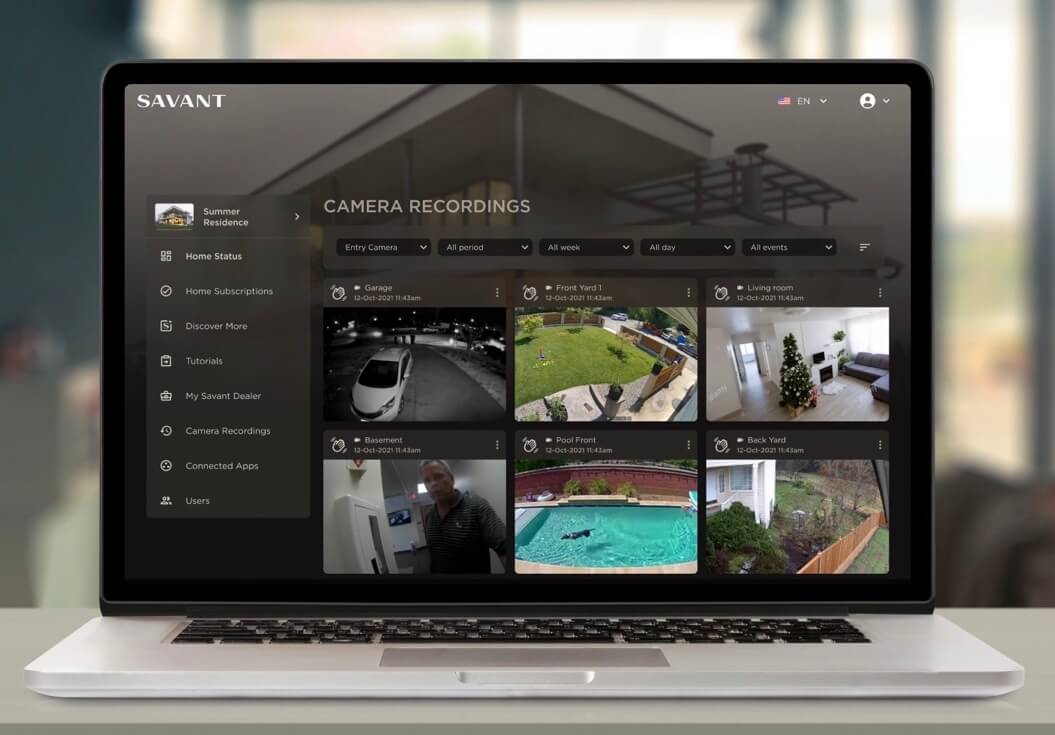
The approach Savant appears to be taking can be likened to companies like Apple. You buy an Apple Watch and it only works with iPhone and iPad. You can seamlessly communicate among various Apple devices, but nothing else. Apple plays nicely with certain brands, like TV manufacturers for Apple TV+ service integration. But there are fees involved that may (or may not) be slyly passed down to the customer for this luxury. (Remember the uproar when mobile accessories makers had to integrate Lightning ports into their devices, and pay the big fees to do so?)
Yes, this is sort of an apples to oranges (pun intended) comparison. But there are similarities in the practices. Savant’s decision effectively leaves dealers with a crucial choice: stick with Savant and go all the way, replace Savant for certain/most jobs (everything but the ultra-high-end customer who can afford to, and won’t care about, paying the extra fees), or jump ship altogether. What’s more, one dealer advises that many Savant dealers who don’t do a ton of business, or don’t do a ton of business in the high-end space, may no longer have an option to work with the company at all.
It’s a bold and aggressive move that could go either way for the brand. It’s also an odd one given a growing focus on the importance of seamless interoperability. Platforms like Matter and other smart home ecosystems in the DIY smart home space promise an easier way to integrate devices from numerous brands. The purpose is to make things simple and intuitive for the customer, which is what home automation is supposed to be all about in the first place. We’d expect to see the same goals from higher-end companies, too, whereby the end goal is to make an entire smart home work holistically, no matter what you use.
That’s a key point: you should be able to use what you want to use, or what a professional integrator recommends is the best option to use. Customers (and dealers) might prefer one type of speaker over another, one type of motorized blinds over another, one type of smart lighting over another, and so on. This might not just be for the purposes of simple integration, but also quality: the best-sounding speaker, the most attractive or intuitive blinds, the smart lighting that fits aesthetically within the space. And they should have the freedom to do so.
Dealers always have incentives for choosing one brand over another, whether it’s to meet sales goals, pricing that fits within a budget, or better margins. But the beauty of the industry is that dealers can research, meet with brands, and make these decisions based on various factors. Clients get to choose, too.
Final Thoughts

On the one hand, this move means you can get solutions to meet the needs of presumably most jobs from one vendor, ensure everything seamlessly works together, and save on licensing fees in the process. On the other hand, this may, in some ways, close the door to seeking out or working with other vendors that might have products you find preferable, even superior.
Dealers who are contemplating jumping ship are not concerned about finding an alternative control system. “You can’t really blame them,” says one dealer, “because let’s face it, in the affordable arena, Control4 is the control system of choice. Even dealers that do high-end systems use Control4 for their mid-level systems. For Savant to compete with Control4, it’s like someone trying to compete with McDonalds at their game. You’re not going to win. I think Savant just realizes that and they’re going to focus on just the very, very high-end. You can’t argue with it.”
It’s a tighter, controlled strategy with a smaller, more focused group of integrator partners. The resulting assurances that products used with Savant software (and hardware) is guaranteed to work seamlessly, combined with adding power products to the mix for this likely smaller list of dealer partners, may become a winning formula for Savant. It could also solidify the position of certain dealers as being top-tier versus trunk slammer (at least in the eyes of Savant and of clients who will hopefully be grinning from ear-to-ear thanks to their systems that now work flawlessly).
One dealer continues to note that while there was a time when dealers did not want to use Control4 for a big house, “those days are long in the rear-view mirror. Lots of giant homes are being done with Control4, and it’s just fine.” They add that, in the grand scheme of things, Canada is “a tiny market. There are mega-mansions being built every hour [in the U.S.],” they add, “and the customers are spending.”
Some dealers are concerned about having to re-train staff on an entirely new system should they no longer partner with Savant, or only partner with Savant, for their biggest jobs. They’re also worried about having difficult conversations with existing customers about raising prices for upgrades to their systems because their “hands are tied.” The clients don’t care about Savant licensing fees, don’t understand them, and don’t need to understand them. They just need to trust that the integrator is setting them up with the best system to meet their needs.
“As a leader in the smart home and power category,” Savant tells WiFi HiFi, “we’ll continue to innovate, evolve, and drive changes that benefit our businesses, our valued integrator partners and Savant homeowners.”
Nonetheless, one dealer believes that the moves will result in a lot of integrators saying “thanks, but no thanks.” Some integrators, meanwhile, will likely no longer qualify to be Savant partners at all anyway. “And that’s probably what they want,” one dealer opines. “They had some smart people who made these decisions, and what can you say: they’re fulfilling their own prophecy.”




